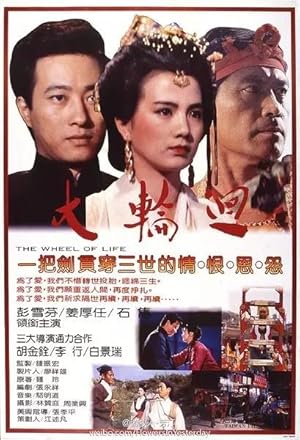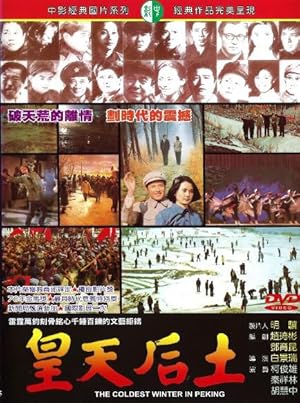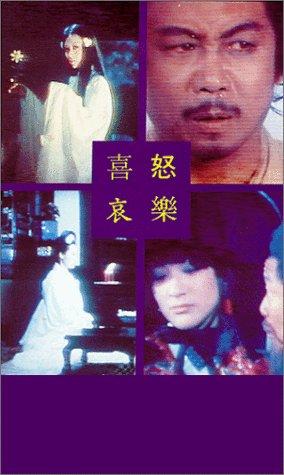Movies by Pai Ching-Jui
Welcome to our dedicated selection of films directed by Pai Ching-Jui. Here, you can explore a diverse range of works that highlight Pai Ching-Jui’s unique vision, storytelling style, and contribution to the world of cinema. Whether you’re an avid fan or discovering Pai ching-jui’s filmography for the first time, this collection will guide you through critically acclaimed masterpieces, hidden gems, and influential titles that have shaped the director’s legacy.
The Wheel of Life (1983)
0
Jointly and respectively directed by King Hu, Lee Hsing, and Pai Ching-Jui, three major Taiwan directors of the 1970s, this film consist of three shorts with the same cast of two actors and one actress, who through reincarnation meet in three different times.
The Coldest Winter in Peking (1981)
0
Story of a US-educated scientist who returned to China, and suffered during the years of the Cultural Revolution.
Four Moods (1970)
0
Directed by some of most well known Chinese-language directors of the time, the portmanteau film Four Moods was an attempt to alleviate Li Han-hsiang’s financial troubles during the late 1960s. Arguably one of his best works, King Hu’s short Anger is an adaptation of the famous Peking opera San Cha Kou; set to opera instrumentation and stylishly shot, the film deftly captures the tense showdown between political schemers, avengers and vagabonds inside an inn. Li Han-hsiang’s Happiness, inspired by the Strange Tales of Liaozhai, tells a tale of reprieve for a kind-hearted ghost, while Pai Ching-Jui’s Joy and Lee Hsing’s Sadness both explore


